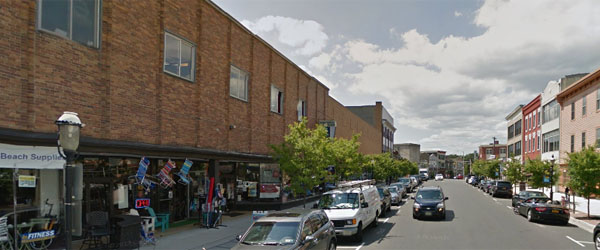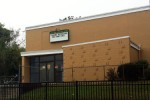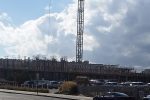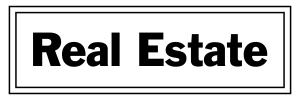Citywide reassessment shifts tax burden
Downtown business district increases burden, reduction in the southwest
A long overdue tax revaluation has shifted the values of properties across the city.
As required by law, all properties within municipalities across the country are assessed to reflect their true market value. The last revaluation in Asbury Park was completed over 10 years ago.
Property values throughout Asbury Park increased during that period. However, properties that appreciated the fastest will see the biggest tax increase as the tax burden shifts to them. Conversely, properties that increased the least amount will see a tax burden taken off of them.
Reflecting the changes in values, downtown commercial properties saw the largest increase in taxes while taxes on residential properties in the city’s southwest quadrant were reduced.
The shift is “easily understood” when you take into account what has happened in Asbury Park since the last revaluation in 2002, according to Erick Aguiar, the city’s tax assessor.
Although most of the properties in the city have seen an increase in value, the increase in value is not equal across the board, he said.
“Properties in the Central Business District have appreciated eight-fold, while homes in the south west have appreciated very little in the same time,” he said.
For instance, a commercial property in the 600 block of Cookman Avenue previously valued at $161,000 now has a value of just under $670,000, causing taxes to increase 52 percent on the property, from about $9,500 to $14,500.
In contrast, a residential property in the 100 block of Borden Avenue in the city’s southwest quadrant that was previously valued at $79,000 is now valued at $136,000, but the tax bill was reduced by 37 percent, from about $4700 to $3000.
The revaluation is retroactive to January 1, which means the last two tax bills for the year reflect any underpayment or overpayment billing back to January 1. Those whose taxes went up will also pay the extra amount retroactive to the beginning of the year on their last two bills in 2014. Those whose taxes went down will get a credit on the two remaining tax bills in 2014. In 2015, the bills will reflect the new level of taxation with the revaluation.
“The old system essentially averaged the market changes annually and applied that average to all properties,” Aguiar said. “The result was properties in the southwest were being overassessed and properties in the central business district underassessed.”
The new assessment system taxes on 100 percent of true value, so taxpayers won’t have to expect any more significant increases or decreases in their tax bills moving forward, he said.
“Everyone talks about tax reform, well … this is true tax reform, Monmouth County is ahead of the curve,” Aguiar said.
In addition, because the value of commercial properties went up significantly, the total amount that needs to be raised by taxation was offset, so residential taxpayers are actually shouldering about $850,000 less of the burden, according to City Manager John “Jack” Kelly.
[Above image of Cookman Avenue taken from Google Maps.]
————————————————————
Follow the Asbury Park Sun on Facebook and Twitter.















